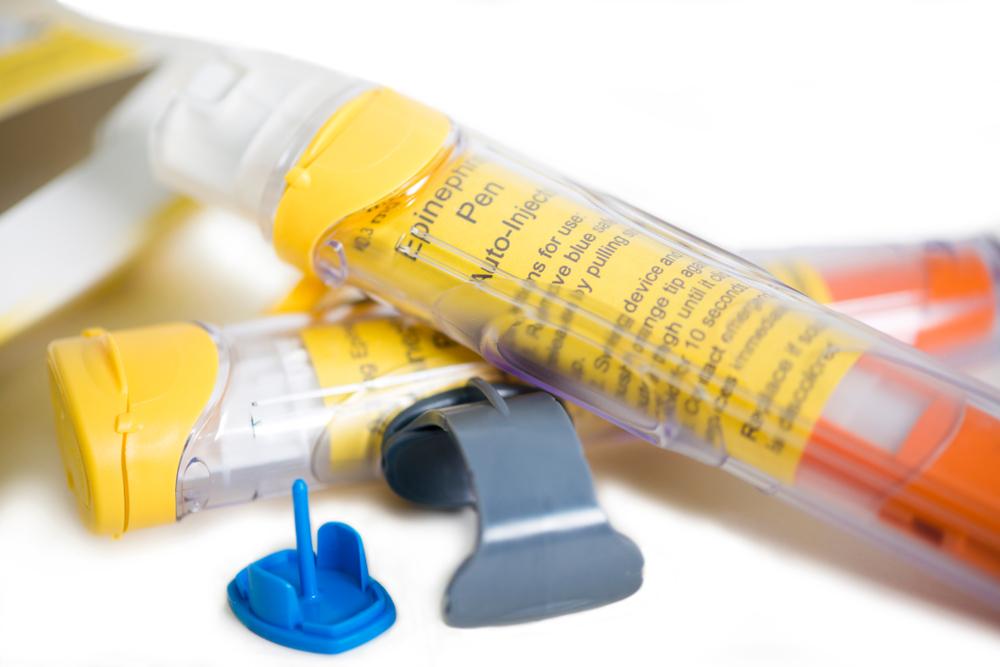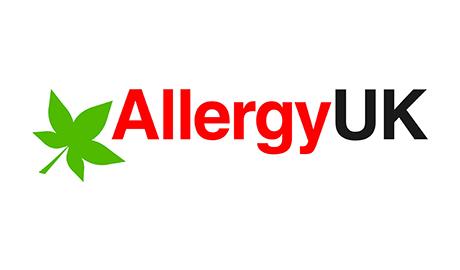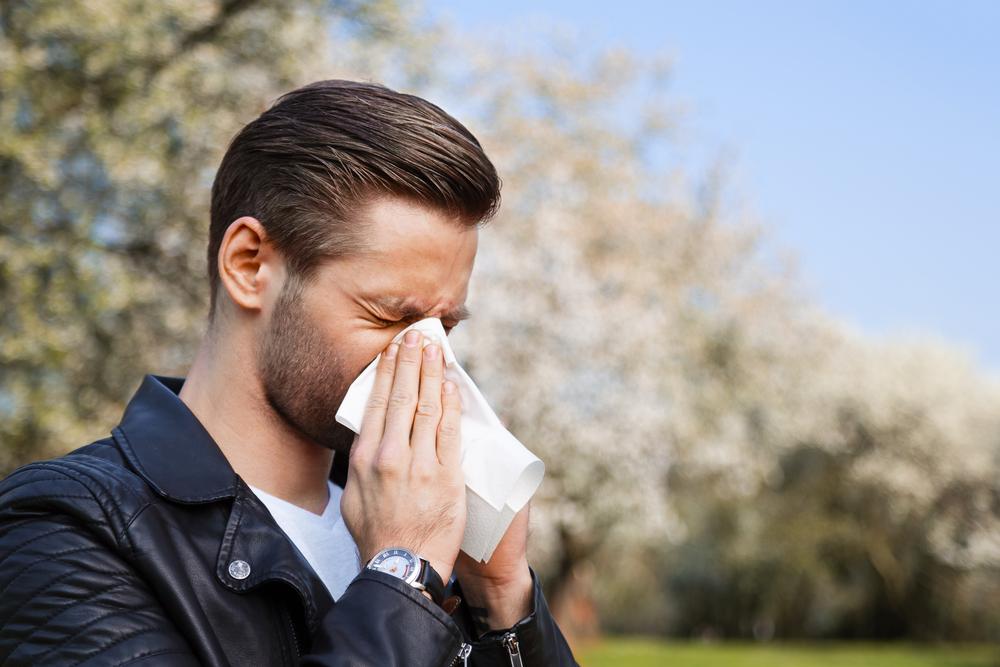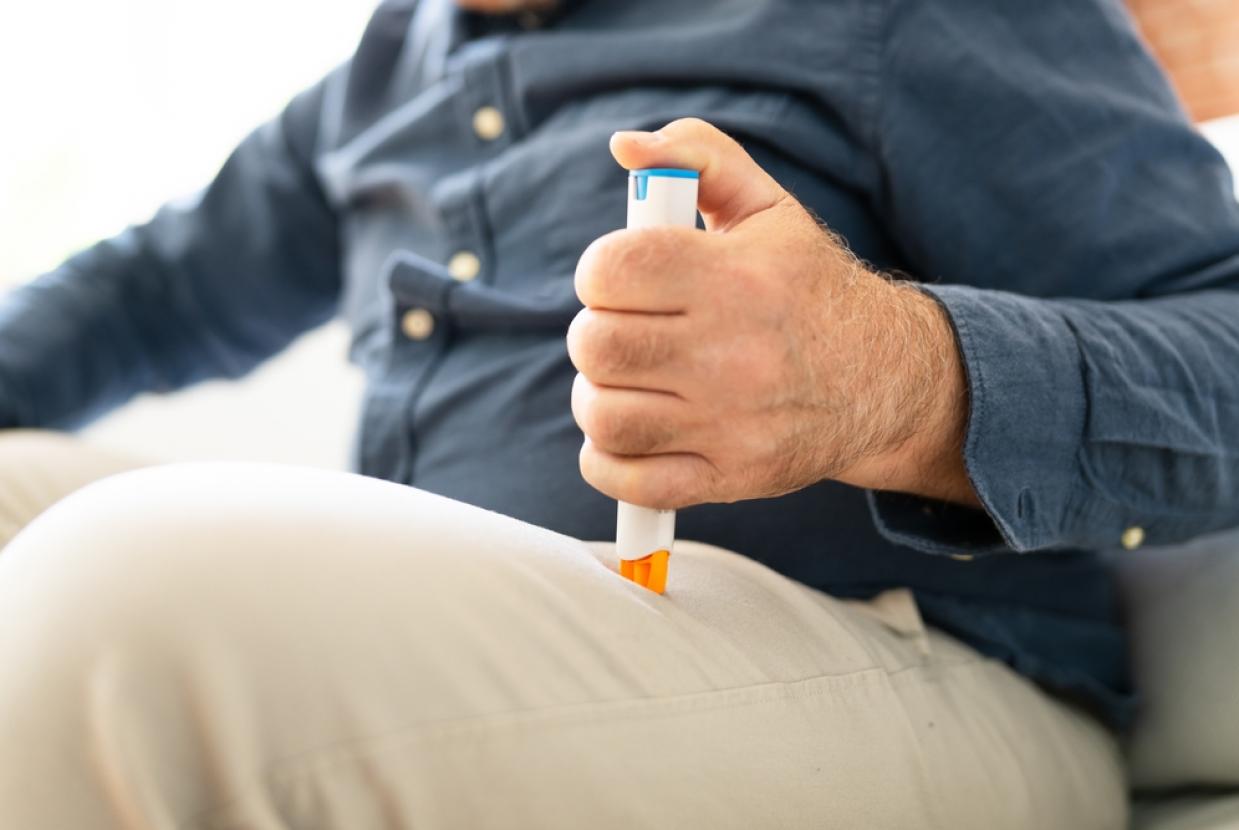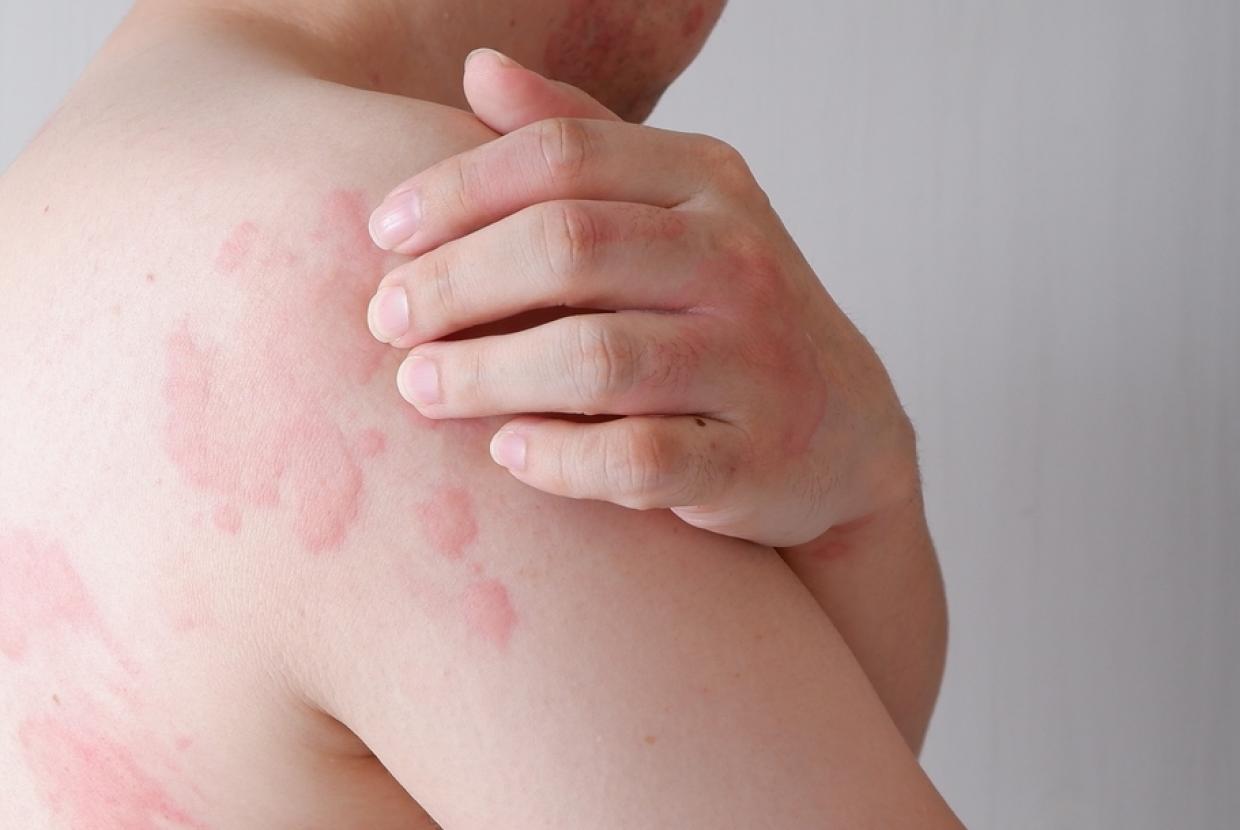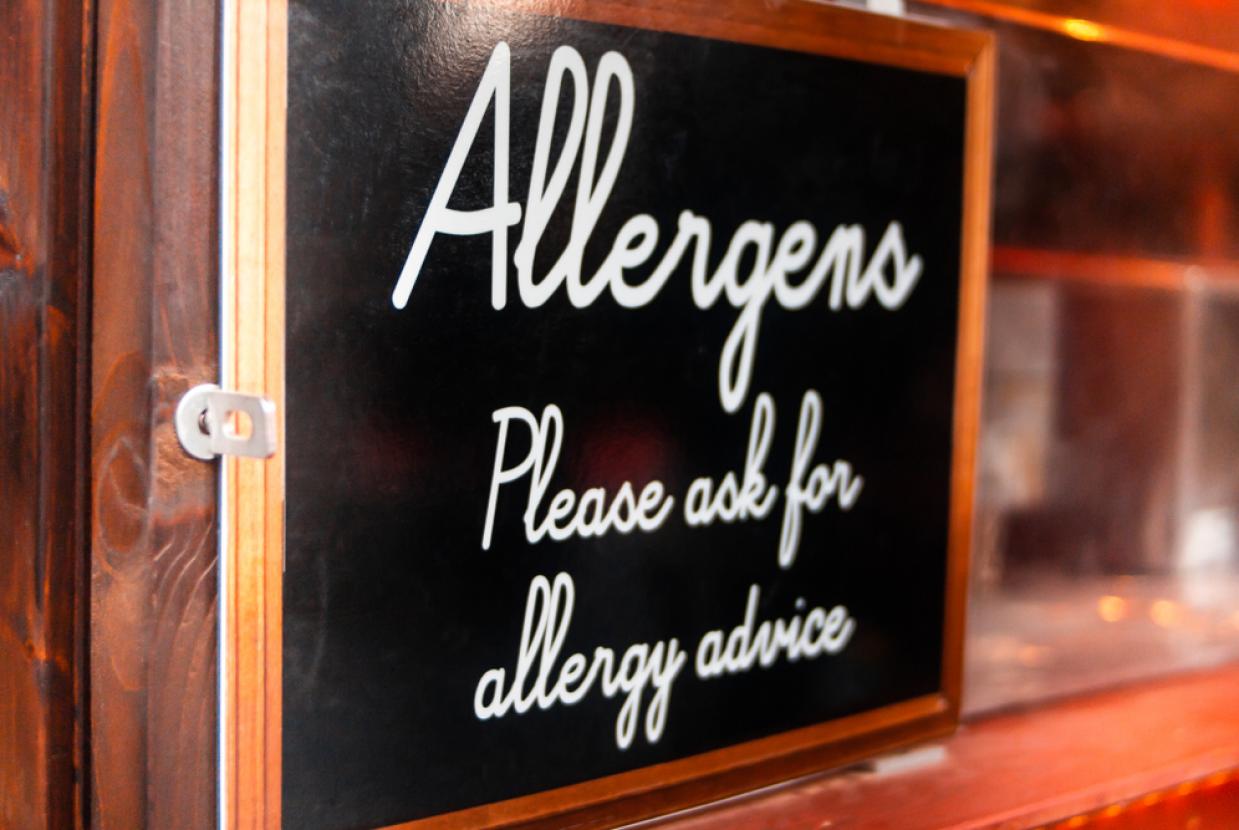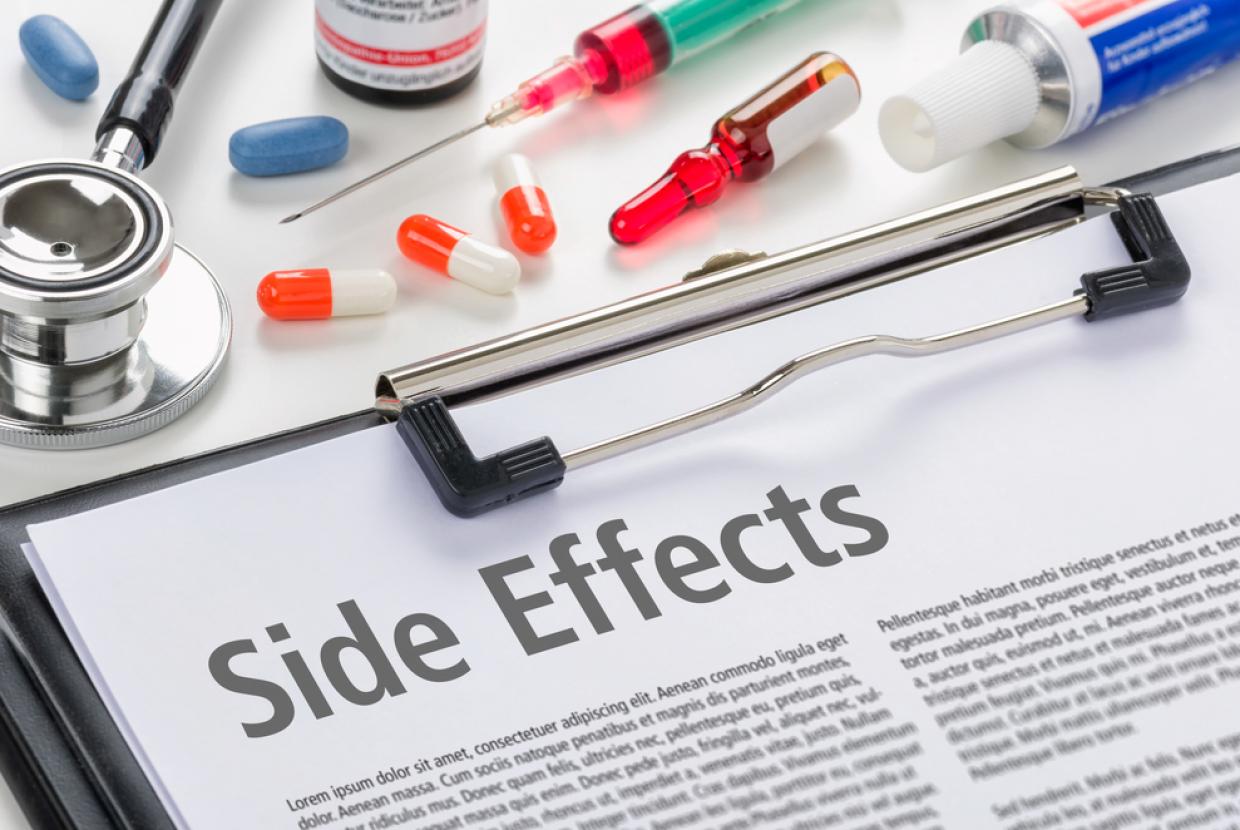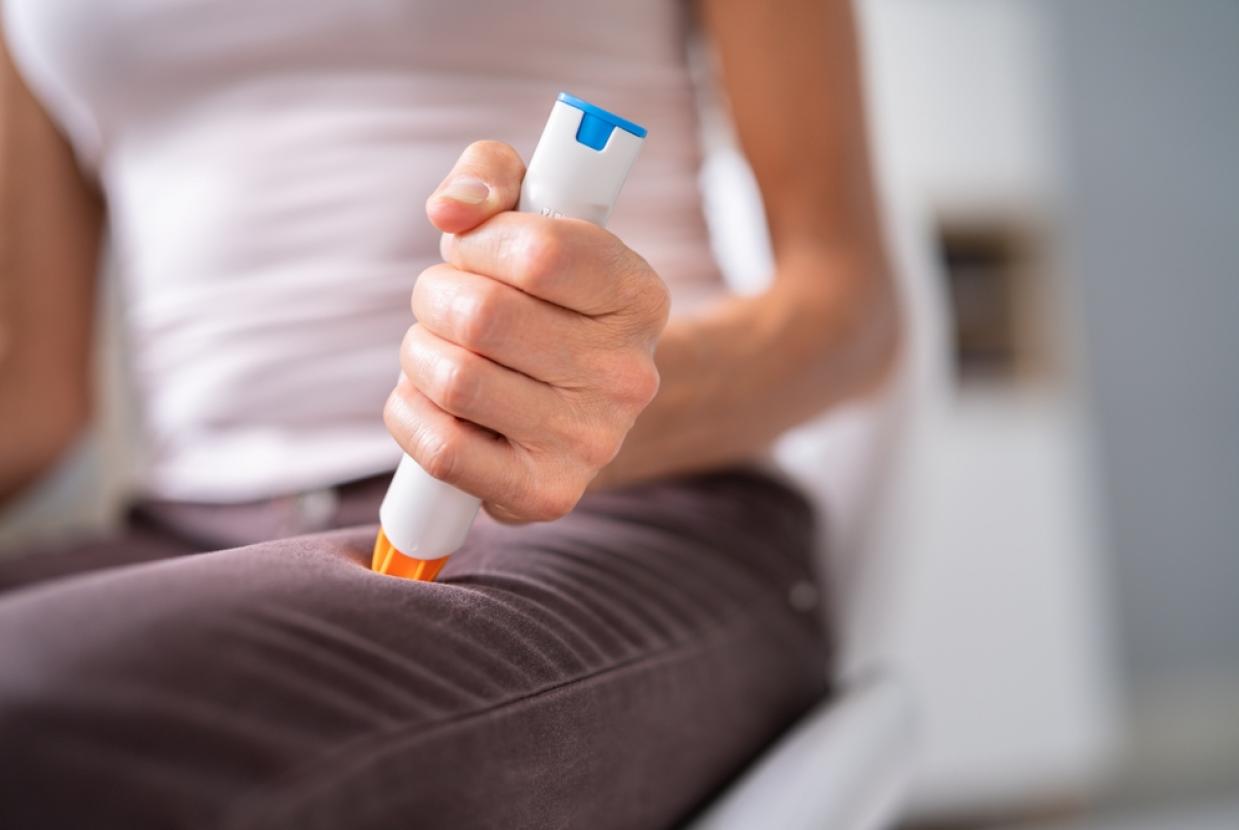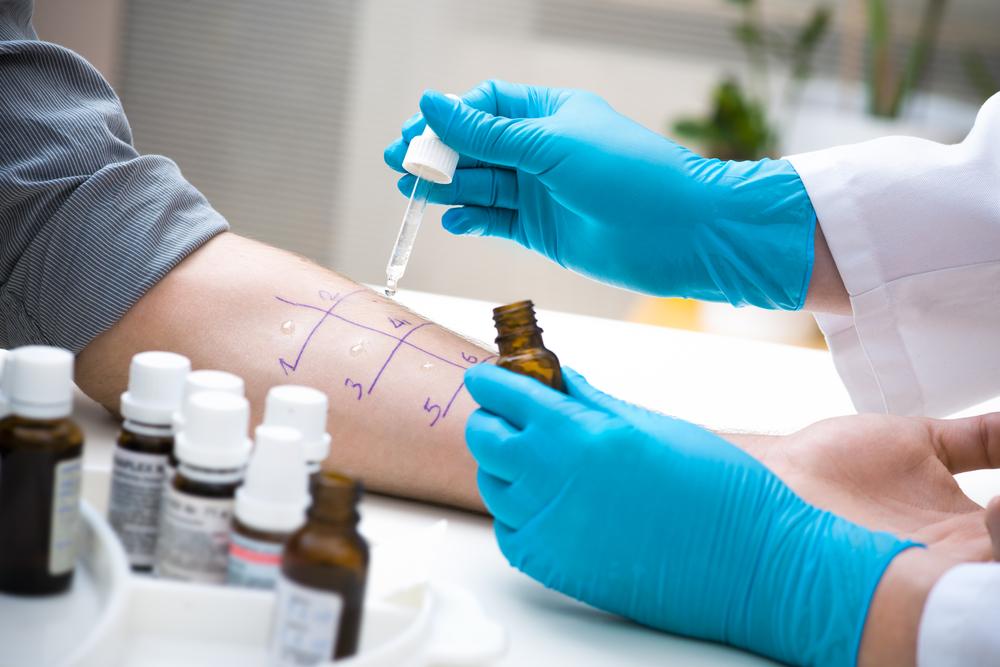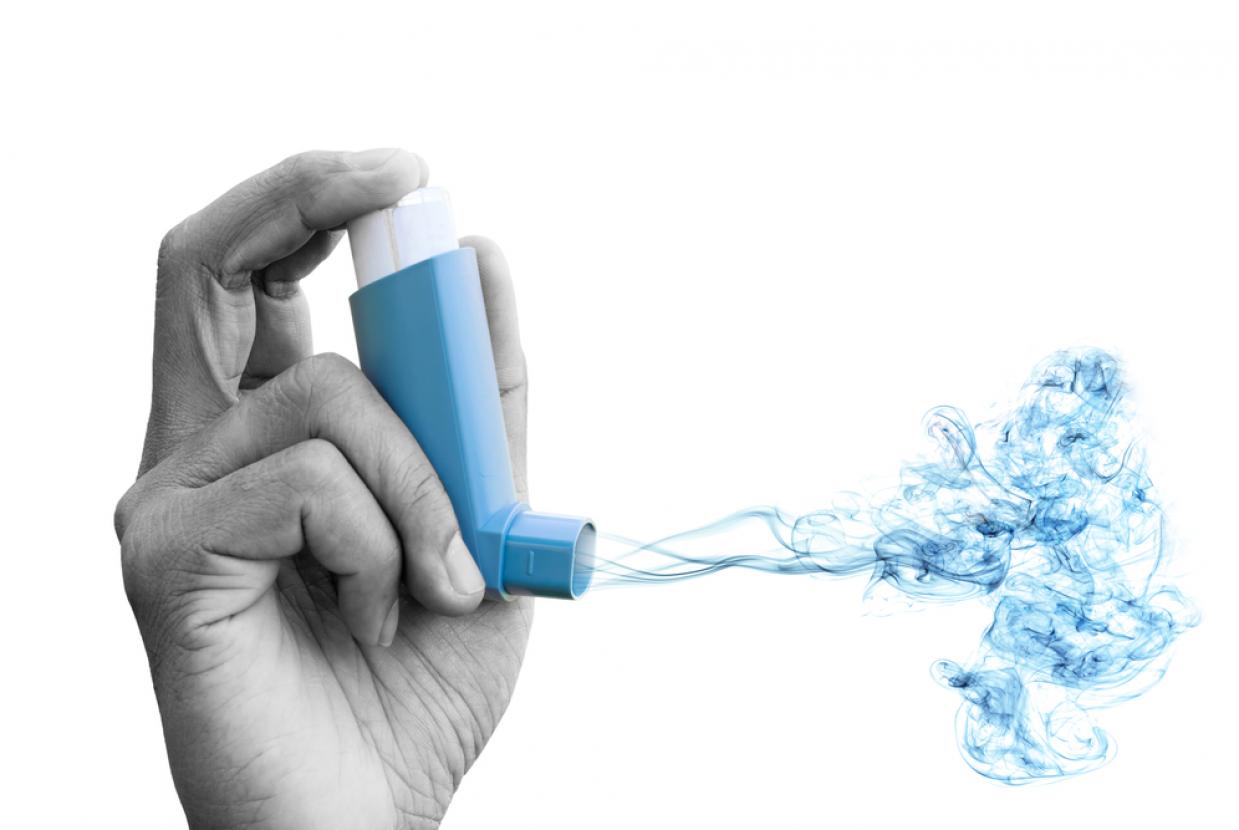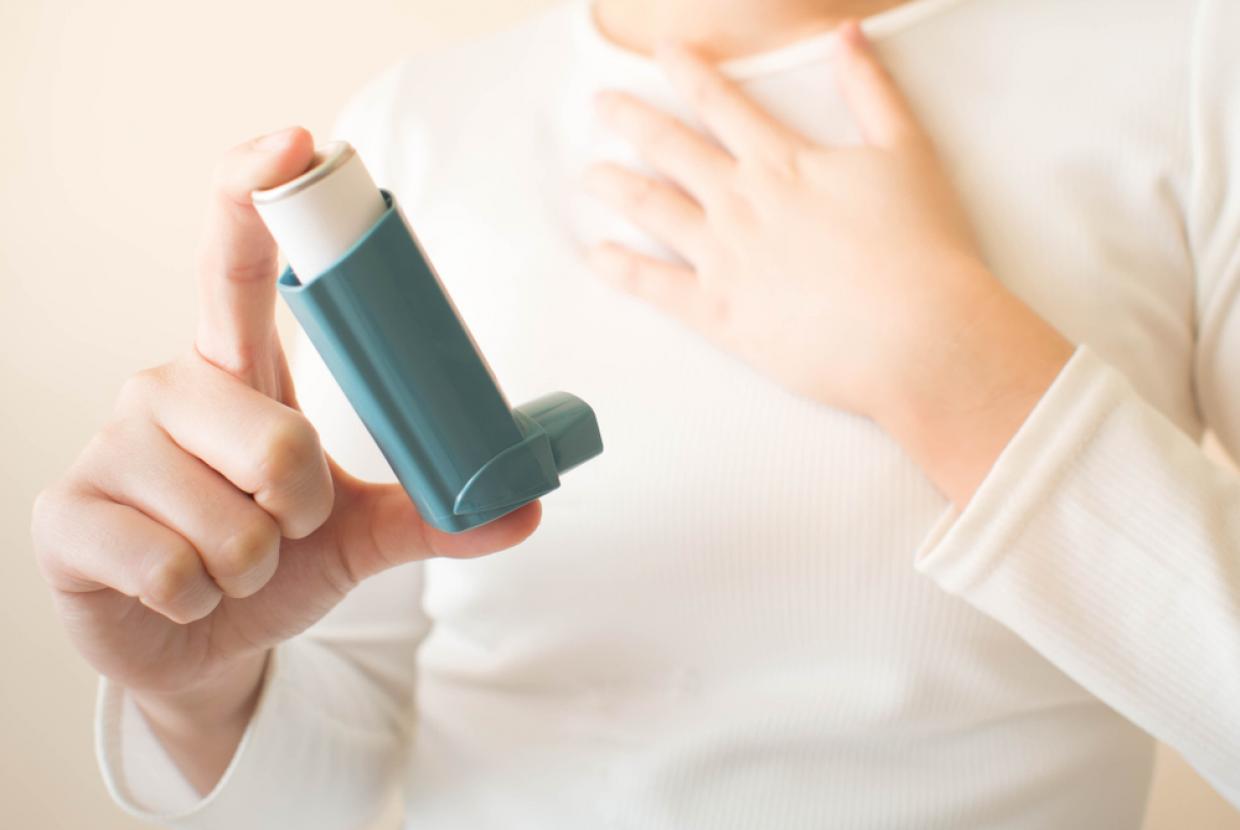Anaphylaxis and Severe Allergic Reaction
Anaphylaxis is a life threatening severe allergic reaction. It is a medical emergency, and requires immediate treatment. A severe allergic reaction can cause an anaphylactic shock and must be treated with an adrenaline pen.
What Causes an Anaphylactic Reaction?
In most allergic reactions the resulting chemicals are released locally into the tissues in a particular part of the body (skin, eyes etc.). This means the symptoms of the allergic reaction usually only occur in this area.
In anaphylaxis, the chemicals that cause the allergic symptoms (e.g. histamine) are released into the bloodstream. The symptoms of anaphylaxis usually occur within minutes of exposure to the trigger substance (allergen) but sometimes an hour or so later.
The most common causes of anaphylactic reactions include:
- certain foods (including peanuts, tree nuts or shellfish). However, all foods can potentially cause anaphylaxis
- insect stings
- drugs and contrast agents (used in some x-ray tests), particularly those given by injection
The Symptoms of Anaphylaxis
Any or all of the following symptoms may be present during an anaphylaxis reaction:
- Swelling of tongue and/or throat
- Difficulty in swallowing or speaking
- Vocal changes (hoarse voice)
- Wheeze or persistent cough or severe asthma
- Difficult or noisy breathing
- Stomach cramps or vomiting after an insect sting
- Dizziness / collapse / loss of consciousness (due to a drop in blood pressure) ( floppiness in babies)
Treatment for Anaphylaxis
You can find in-depth help on our Anaphylaxis Factsheet but here are the steps you need to follow if someone is having an anaphylactic shock:
- The first line treatment for severe symptoms is adrenaline (epinephrine) given by an injection into the upper outer muscle of the thigh. Adrenaline given in this way is a safe treatment and you should not hesitate to use it if required. It starts to work within minutes, reducing swelling, relieving wheeze and improving blood pressure.
- Do not wait to see if the symptoms clear up – call an ambulance immediately. All patients receiving emergency adrenaline should be transported to hospital for further care. Dial 999 and inform the controller that the patient is suffering from anaphylaxis.
- Adrenaline is a short-acting drug and the effects will wear off quite quickly. If there is no response to the initial injection, current recommendations are to give a further adrenaline dose after 5 minutes.
If you are suffering from an anaphylactic shock, you should use your adrenaline pen immediately. While waiting for the ambulance, it is better if you lie down as this helps to maintain your blood pressure and avoids injury if you faint. You may be more comfortable with your shoulders raised a bit if you feel wheezy or short of breath.


